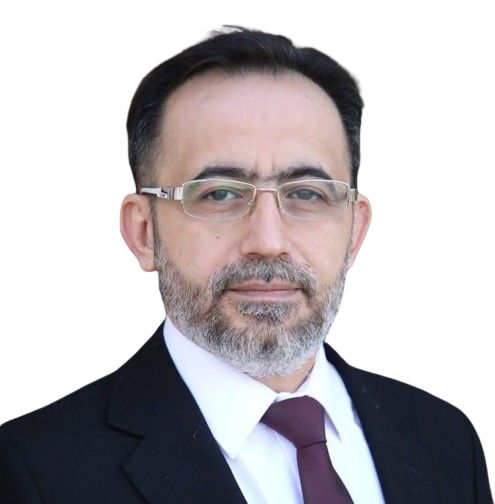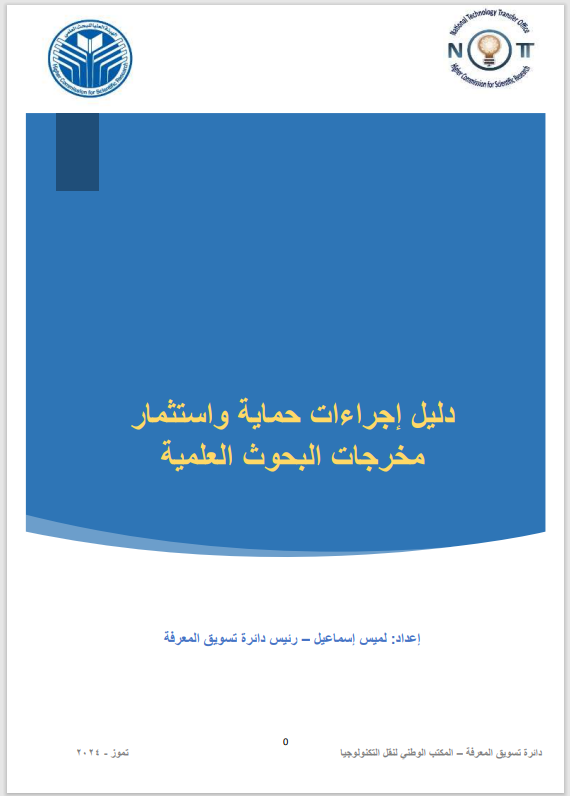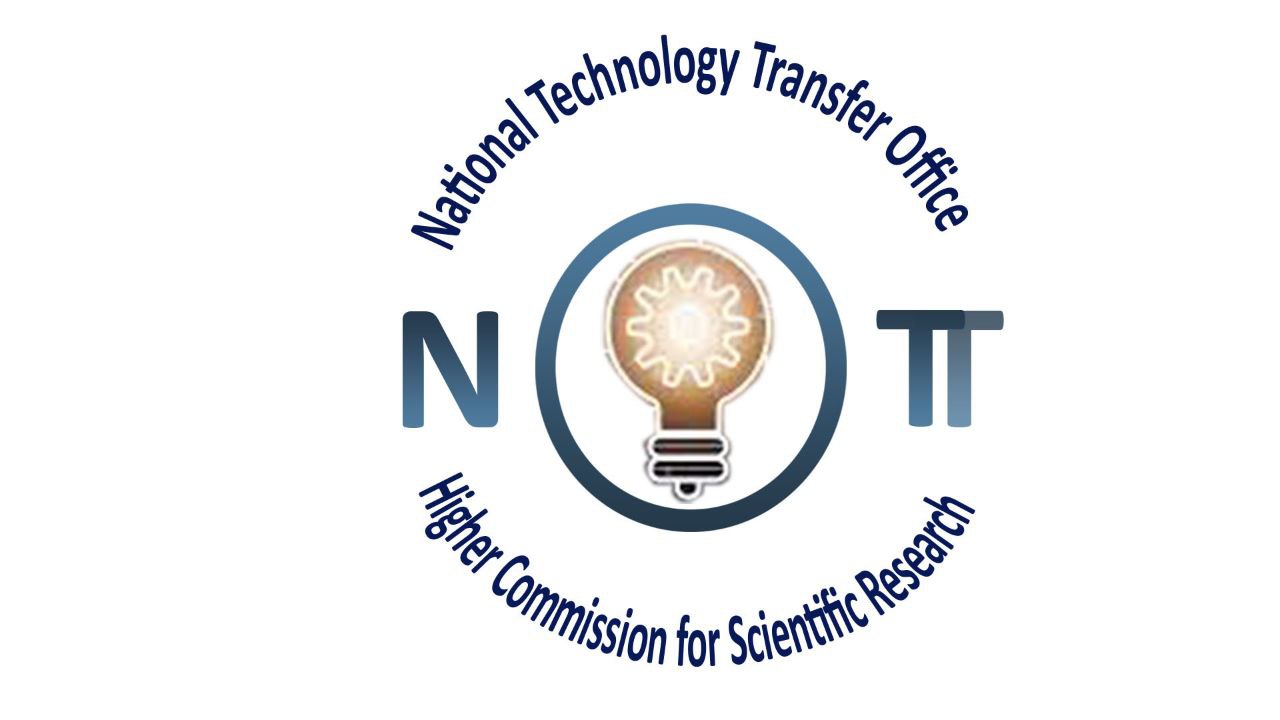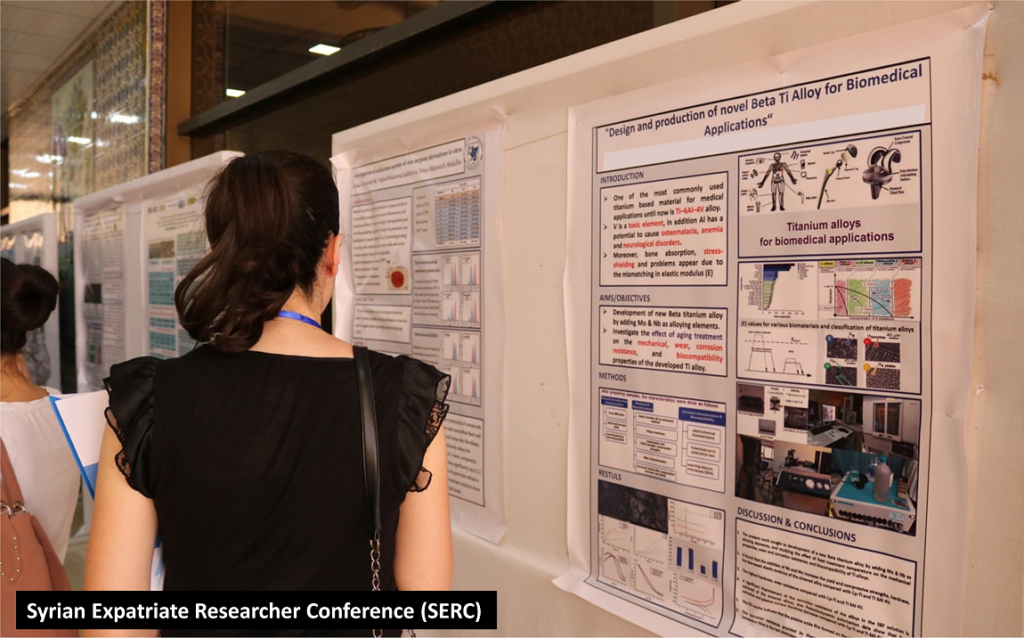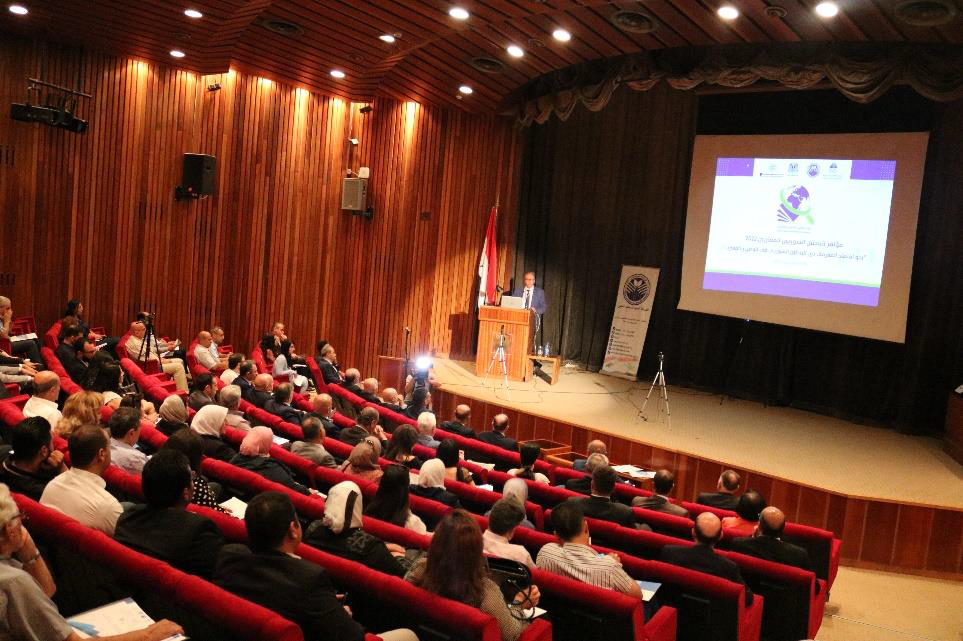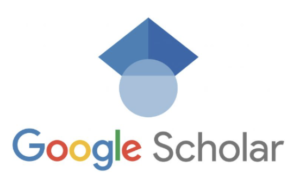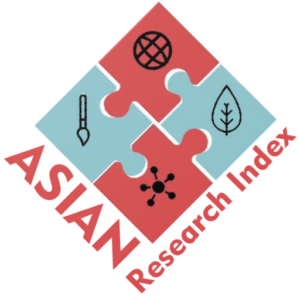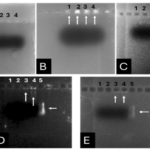I am honored to present to our esteemed readers the third issue of the third volume of our journal. This edition continues the journal’s mission of promoting scientific research and innovation, thereby reinforcing its status as a premier platform for scientists and researchers in Syria and the Arab world.
The journal remains dedicated to facilitating communication among creative minds and providing a clear perspective on the most recent advancements in the fields of science and technology. We aim for this scientific platform to serve as a dependable reference, contributing to the establishment of a knowledge-driven society and enhancing the visibility of Syrian and Arab researchers on the global stage.
This issue includes four distinguished research articles, each reflecting the richness of academic inquiry and diverse areas of interest:
1. **A Gaussian Pyramid Framework for Enhancing Multiclass Support Vector Machines** – This study introduces innovative approaches in non-classification and machine learning methodologies.
2. **Enhancing Performance and Stability of MAML for Few-Shot Sentiment Analysis:** – This article elucidates the role of Model-Agnostic Meta-Learning (MAML) in sentiment analysis.
3. **LLM-Agent+: A Modular Framework for Intelligent Agents with Reasoning Trace Compression and Tool-Augmented Memory** – This work presents a standardized framework for intelligent agents, marking a significant advancement in the development of smarter and more efficient systems.
4. **Recognizing Events in Videos Using Deep Learning Techniques** – This article underscores the significance of artificial intelligence in processing non-visual data and interpreting complex contexts.
In presenting this issue, we acknowledge the invaluable contributions of the researchers involved and reaffirm our commitment to establishing the Syrian Journal of Science and Innovation as a leading source of knowledge, a promoter of research and development, and a supportive environment for the exchange of ideas and innovations.
We aspire for continued success and advancement in our endeavors.

